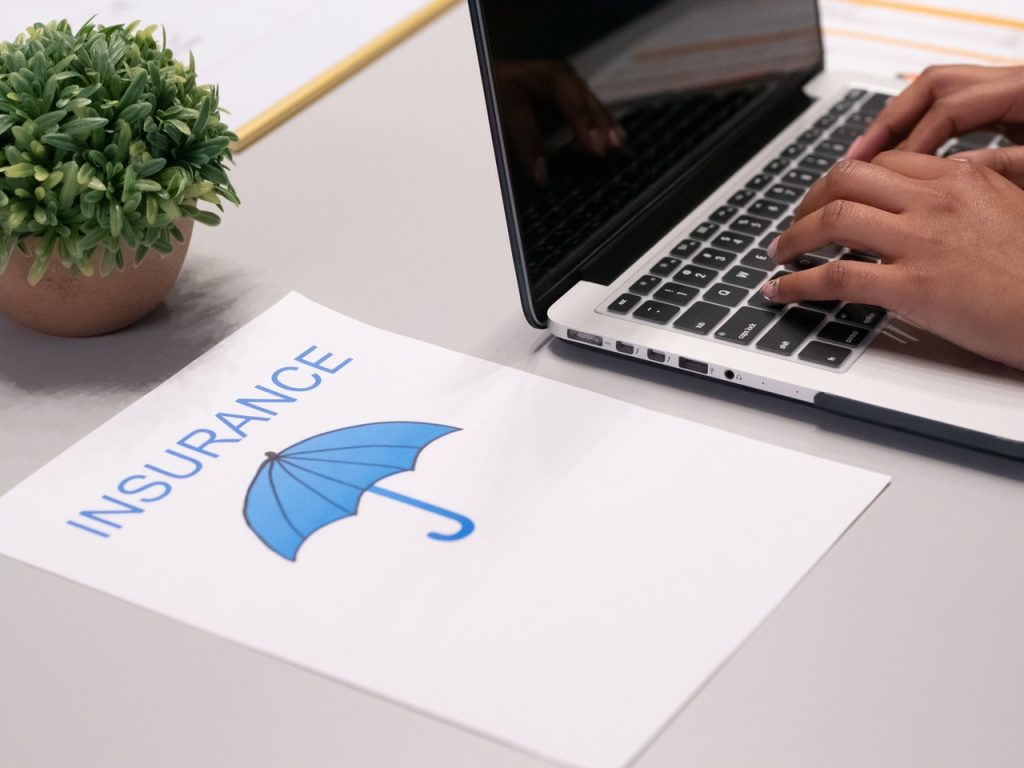
There’s always talk about home-buying and mortgages, but with interest rates being at all-time lows over the past few years, I feel like the talk about those things have picked up. Not only that, interest rates are likely going up this year so people are trying to get in before it’s too late. In this post, I want to talk about mortgages, how they work, and what happens when applying for a mortgage.
What’s a mortgage?
A mortgage is a loan you get from the bank or another lender to buy a house. When you submit an offer to buy a house, you’ll apply for a mortgage, and it’s a very involved process. More on that later.
In a mortgage, you’ll have options for what your term is. Your typical options are 15-year, 20-year, and 30-year.
You’ll also have to make a down payment. Current trends show that a lower down payment is pretty common. Depending on the type of loan, you can put down 3+%. And how much you put down matters. If you put down less than 20%, you’ll have to pay Primary Mortgage Insurance (PMI).
Here are the pieces of your typical mortgage payment – principal, interest, taxes and insurance, and PMI (if applicable). Taxes and insurance are commonly put in an escrow account and paid when they’re due by the lender.
Mortgage application process
From application to closing, it’s about 45-60 days. During that period, you’ll go through underwriting. In underwriting, they’ll have you submit documentation to confirm your credit report, annual income, current assets and liabilities, employment information, prior tax returns, among other things.
After you’ve cleared underwriting and they’ve confirmed everything, you’ll head to closing. At closing, you’ll sign a lot of papers. You’ll likely need to bring your checkbook with you as well.
There are closing costs associated with your mortgage. Some of these can be added to your total mortgage and some of them need to be paid. Closing costs are normally 3%-6% of the total mortgage and can include real estate commissions, taxes, insurance premiums, title fees, and record filing fees.
And if you’re buying, you’ll also need to write a check for the down payment.
Who gets a mortgage?
There is a slough of factors you need to meet when applying for a mortgage. Credit score matters. Usually, you’ll need at least a 620 credit score (all else being equal) to get a mortgage. Though the better the credit score, the better interest rate you’ll get.
The debt to income ratio needs to be under 50%. The lower the debt to income ratio (all else being equal) the more you can afford. If you have a 45% debt to income ratio and can afford a $250,000 mortgage, you’d probably be able to afford a $300,000 if your debt to income ratio is 25% (this is just an example, I didn’t do the math on this).
Condition of the home. With an FHA mortgage, they are a little pickier on the condition of your home. Usually, it’s just the outside of the home they’re picky with. Chipped paint is a typical thing they take issue with, so just be aware of that.
Applying for a mortgage is necessary for most people so it’s important you understand how they work.
Related reading:
Understanding 15-Year vs. 30-Year Mortgages in the USA
What to do when you’re one month behind on your mortgage
Why Financial Literacy is Important
Disclaimer:
**Securities offered through Securities America, Inc., Member FINRA/SIPC. Advisory services offered through Securities America Advisors, Inc. Securities America and its representatives do not provide tax or legal advice; therefore, it is important to coordinate with your tax or legal advisor regarding your specific situation. Please see the website for full disclosures: www.crgfinancialservices.com
My name is Jacob Sensiba and I am a Financial Advisor. My areas of expertise include, but are not limited to, retirement planning, budgets, and wealth management. Please feel free to contact me at: jacob@crgfinancialservices.com






